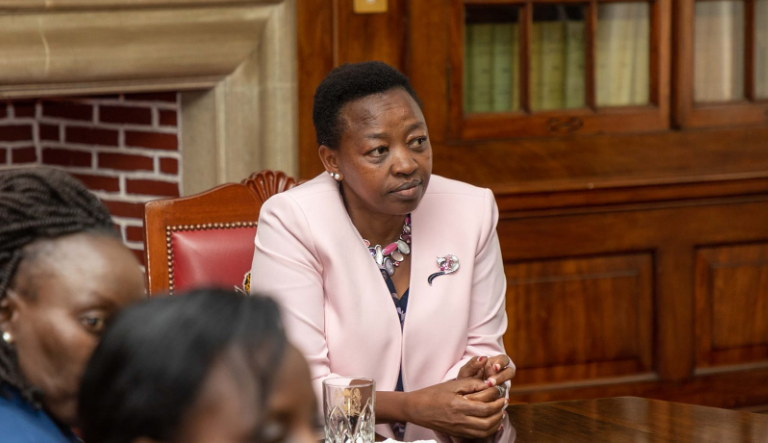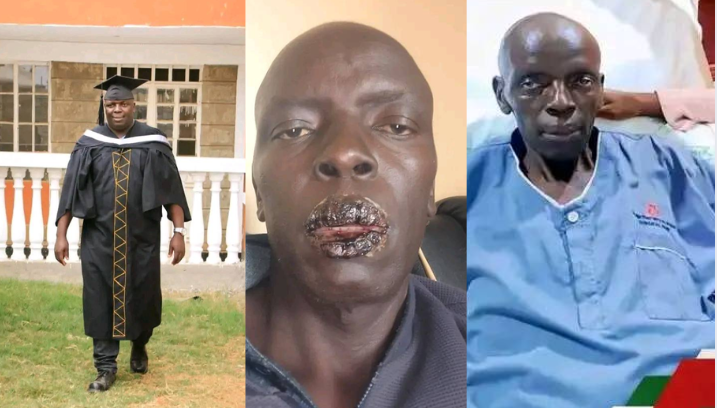After the popularity of their song, Sauti Sol’s Bien Baraza said that rapper Khaligraph Jones was the first musician in Kenya to pay him Sh300,000.

Bien said that the money was only a token of thanks from the ‘Luku’ hit-maker during an appearance on Cleaning the Airwaves (CTA) with Richard Njau aka A-Star.
“OG is the first artist to send me Sh300,000 via mobile money. He called me and said he would send the cash from the revenues which it had earned,” the Sauti Sol lead vocalist stated.
The ‘Niko Sawa’ singer then went on to compare Papa Jones to crafty Kenyans who send money in repeated transactions to avoid transaction costs.
“He is such a Kenyan stereotype so he sent the money from his phone. He asked for my account number and wired it in batches of Sh50,000. He is like those debtors that pay you in hundreds,” Bien recounted.
The ‘Yes Bana’ collabo, which was published in 2020, was chosen for a marketing campaign by one of the country’s biggest carriers, earning millions in license fees.
Due to the steps they take to protect the intellectual property rights for each song they release, both artists earn millions from their songs.
Artists should sign split sheets, which specify how much each contribution is entitled to in terms of percentages, according to music industry consultants.
Bien compared music to real estate, noting that each song he releases is like a rental residence that pays him’rent’ every time someone listens to it or utilizes it commercially.
He went on to say that some songs produce a little amount of residual money over time, while others become hits and fade away in the same way.
“In the 100 million+ streams that we have for Midnight Train, Suzzana has a good 42 million, it is the song that pays the bills but there are other songs that ink deals here and there. As a musician your real estate and wealth is in your intellectual property. Understand it and put out a lot of art,” he advised.































